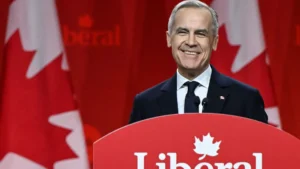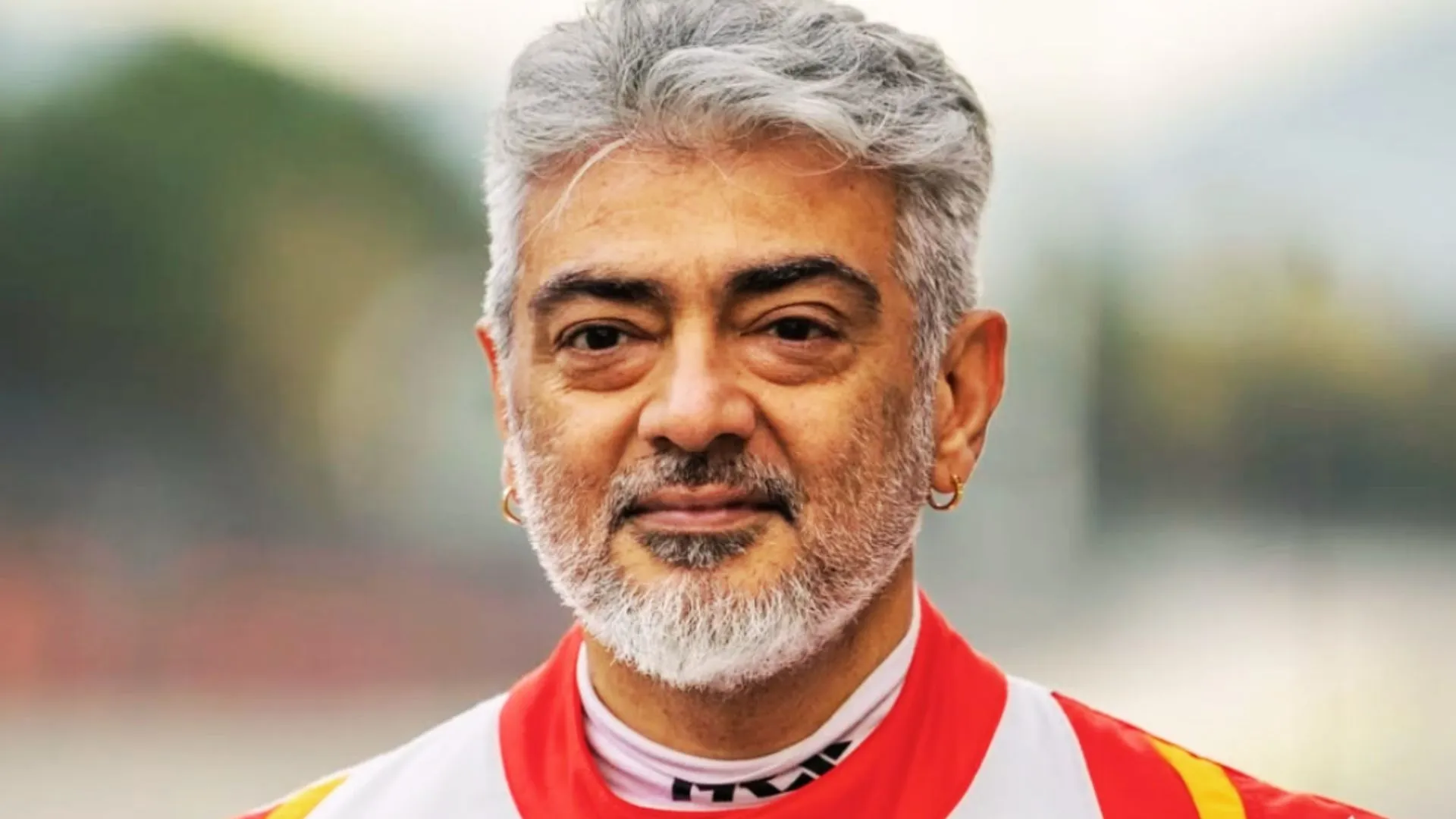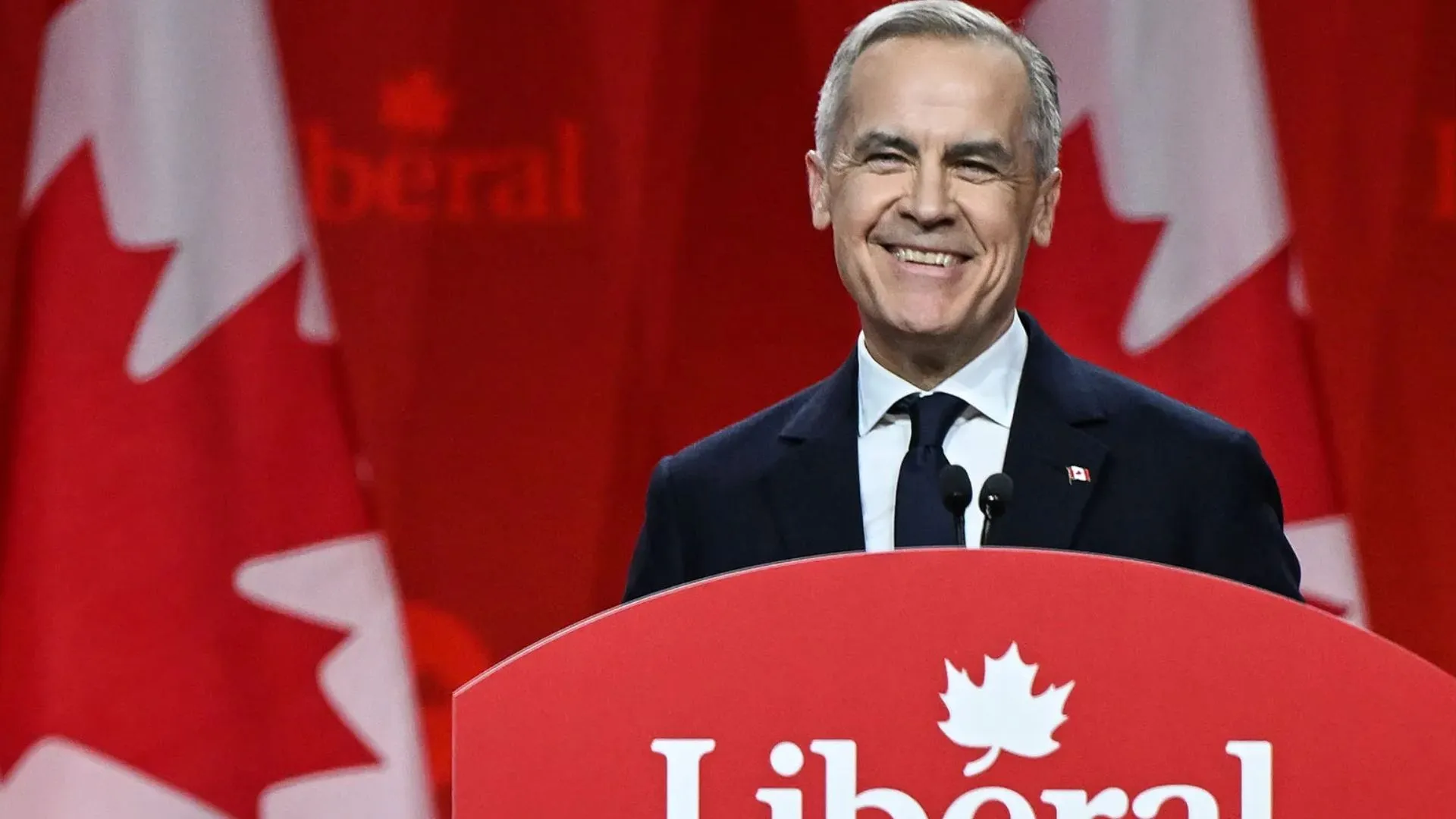The Hindu community in Bangladesh has found itself in a precarious situation after Sheikh Hasina resigned from the position of Prime Minister of Bangladesh and the subsequent spillover of violent protests related to a quota issue that took place. As tensions escalated, members of the Hindu community, along with other minorities, took to the streets in the port city of Chittagong on Sunday to demand protection for their lives, properties, and places of worship.
Chanting slogans of unity and proclaiming their deep-rooted connection to the land, the protesters declared, “Bangladesh is our motherland, and we won’t go anywhere.” This powerful message resonated with the fears and frustrations of the community, which has faced targeted violence amid the ongoing political unrest.
Reports of widespread attacks on the Hindu community have drawn international attention, with the United Nations stepping in to urge the interim Bangladeshi government, led by Nobel Peace Prize-winning economist Mohammed Yunus, to take immediate action to protect the country’s minorities. The UN’s call for safeguarding the rights and safety of these vulnerable groups underscores the gravity of the situation.
Also Read: Rwanda: Kagame Sworn In For Fourth Presidential Term After Landslide Victory
Yunus, who assumed leadership of the interim government following Sheikh Hasina’s resignation on August 5, has condemned the violence, labeling the attacks as “heinous.” In a recent address to students at a Bangladeshi university, Yunus emphasized the need for unity and protection of all citizens, regardless of their religious or ethnic background. “Are they not the people of this country? You (students) have been able to save this country; can’t you save some families? They are my brothers… we fought together, and we will stay together,” he implored, urging the youth to stand up against the violence.
The protest in Chittagong was organized under the banner of the ‘Bangladesh Hindu, Buddha, Christian Unity Group,’ and saw massive participation from members of various minority communities. The demonstrators carried placards with messages of solidarity and pleas for justice. One of the placards read, “Our soil, our mother, is Bangladesh. We will never leave our mother,” while another implored, “Save Bangladeshi Hindu Society. Save Hindus!”
The emotional intensity of the protest was palpable as participants waved the Bangladeshi national flag alongside saffron flags bearing the image of Lord Ram and the slogan “Jai Shri Ram.” The protesters also voiced their concerns over the attacks on their places of worship, with one placard demanding, “We need answers. Why is this happening to us? We want to live in peace. Let us live.” Another sign poignantly asked, “Why are our sisters and mothers being physically harassed?” reflecting the deep sense of fear and injustice felt by the community.
Since the fall of the Sheikh Hasina-led government, Bangladesh has witnessed a surge in violence, with at least 232 reported deaths and 205 incidents of attacks across 52 districts, primarily targeting minorities. Media reports indicate that over 100 Hindus and other minority members have been killed in the violence that has gripped the nation since August 5.
The Chittagong protests were marked by a mix of anger, anxiety, and hope. The demonstrators expressed their fears and frustrations while calling on the authorities to take immediate action to protect their communities and ensure justice is served. The irony of the situation was not lost on the protesters, as one placard bore the words “AMAR SONAR BANGLA,” a reference to Bangladesh’s national anthem, “My Golden Bengal,” penned by Nobel laureate Rabindranath Tagore, who also composed India’s national anthem.
Must Read: Sheikh Hasina’s Son Refutes Resignation Rumors Of Mother, Says They Are ‘Completely False’






















